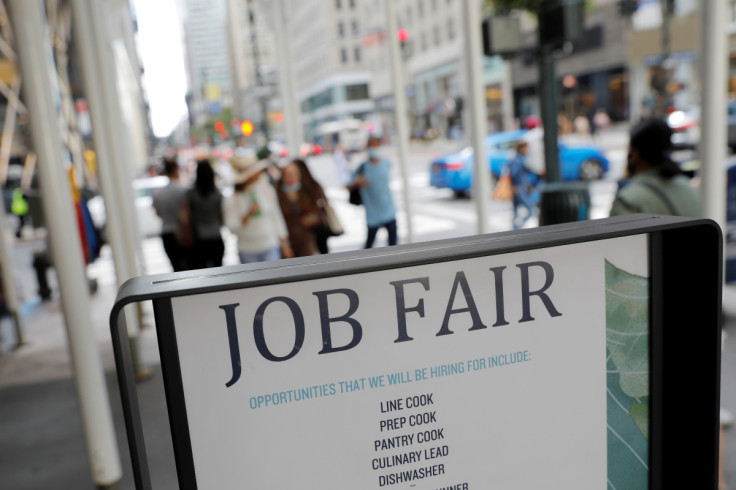Job Growth Strong In Certain Sectors, Why Employment Rates Are Outpacing Other Areas
The February Jobs Report showed some more growth in the United States labor market and economy, proving that despite some slowdown, certain areas are continuing to experience levels of red-hot growth. However, the same can't be said across all sectors.
The report found 311,000 new jobs gained in February, with leisure and hospitality at the top when it came to adding jobs, with 105,000. The industry was followed by health care and social assistance with 63,000, retail with 50,000, government with 46,000, professional and business services with 45,000 and construction with 24,000.
Though numbers are still below pre-pandemic levels, it's not hard to see why leisure and hospitality continue to experience growth, as Americans have eagerly returned to pre-pandemic behaviors such as going out to restaurants and bars, social activities and travel, all of which faced decimating loss during initial lockdowns and later restrictions on travel and a myriad of masking, vaccination and testing requirements which kept many still indoors and away from the industries.
Despite inflation affecting the cost of living of many and leading to financial hardship, it doesn't appear that the leisure and hospitality sector will experience a slowdown anytime soon. A recent report from the World Travel and Tourism Council and booking site Trip.com found that 31% of travelers intended to spend even more on travel in 2023 than they did in 2022, a further jump from the study a year prior, which saw 86% of respondents planning to up the budgets they had in 2019 for travel.
With consumers spending more on travel and willing to do so, hotels and airlines are likely to benefit the most, with restaurants and attractions following close behind. With so much growth, more jobs will likely continue to be added—though it will still be a while before levels meet these new demands, as there are still shortages of workers from pre-pandemic levels.
"We're still short," Steve Rick, chief economist for CUNA Mutual Group told CNBC. "We still don't have the same amount of people working at hotels and restaurants as we did in 2019. So that's why we're still adding jobs at a pretty feverish pace in those areas."
Of course, while that sector seems to be flourishing, the same can't be said about the sectors that saw more job loss in February. Mining and Logging stayed flat with no jobs gained or lost, but financial activities lost 1,000 jobs, manufacturing saw a cut of 4,000, transportation and warehousing dropped 21,500 and information lost 25,000 jobs.

© Copyright IBTimes 2025. All rights reserved.





















